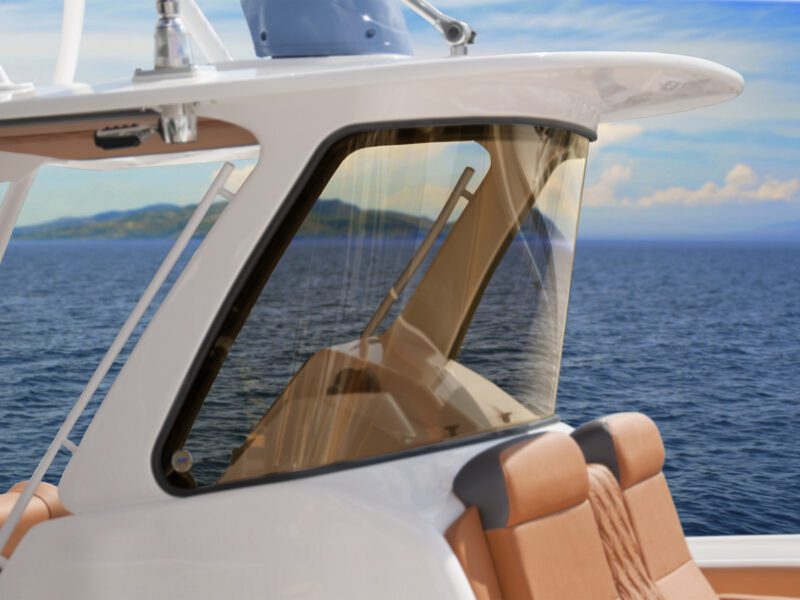
Can eco-tourism save the SHARKS?
By Lu-anne Beets
Sharks are a key component for maintaining a healthy marine ecosystem and the Cape Town shark cage diving industry is the main force that contributes to the conservation of these animals.
There is no doubt that the relationship between humans and sharks are complicated, flawed and maybe even hateful. Sharks are depicted as man-eating monsters who hunt humans for fun. In return, humans have shown no mercy or sympathy towards these endangered animals.
We see sharks with their fins cut off and thrown back into the ocean and laid out in markets for sale. This stands in the way of their real importance: balancing the marine food webs by consuming overpopulated species and allowing other species to grow and reproduce and aiding in marine biodiversity.
However, in recent studies, scientists have found that firsthand experiences with these amazing apex predators can help educate the public on the value of these animals by introducing them to their real attitude and behaviour. Shark cage diving in Cape Town has given adventure-seeking tourists the perfect opportunity to explore shark conservation.
To show how valuable first-hand interactions with shark are through cage diving, a survey was given to tourists before and after their cage diving experience. The purpose of this was to evaluate whether the tourists had a shift in perception of sharks. And to no one’s surprise there was a 75% increase in positive responses post-cage diving experience.

Many of the participants stated that their cage-diving experience increased their interest in sharks and that they were more understanding and concerned with shark conservation. Tourists also stated that they would 100% recommend cage diving to others. This means more people will be attracted to cage-diving with sharks. This means that more attitudes will begin to change about sharks. Which means more awareness to shark conservation!
If that study has not already compelled you to book a cage diving trip, maybe some more statements from scientists will. Biologists from South-Africa also defends this industry and its tourism. They claim that the economic benefits of this industry will add to the preservation and conservation of the species and the maintenance of the prohibition of shark fishing (spotmydive, 2016).
Another article stated that the shark cage diving industry is the main force that contributes to the conservation of these animals. The daily monitoring activities of the industry’s boats on the water results in an extensive decrease of the poaching of Great White Sharks. Research of Great White Sharks are the key to their survival. Understanding the pressure on these animals can help push conservation decisions on a government level (SharkWatchSA, 2011).
Understandably, shark cage diving is more like a shot of whiskey and not a cup of tea. Not everyone is an adrenaline seeking tourist ready to come face to face with an apex predator. Luckily there are also other ways we can aid to shark conservation: educating yourself and others on sharks, donating and volunteering to shark conservation organizations, spreading awareness and speaking out when witnessing shark abuse. But, if you are an adventure seeking tourist ready to have the experience of a lifetime, how does shark cage diving in South-Africa sound?
Also read: Sink your teeth into these terrifying movies all about shark attacks







